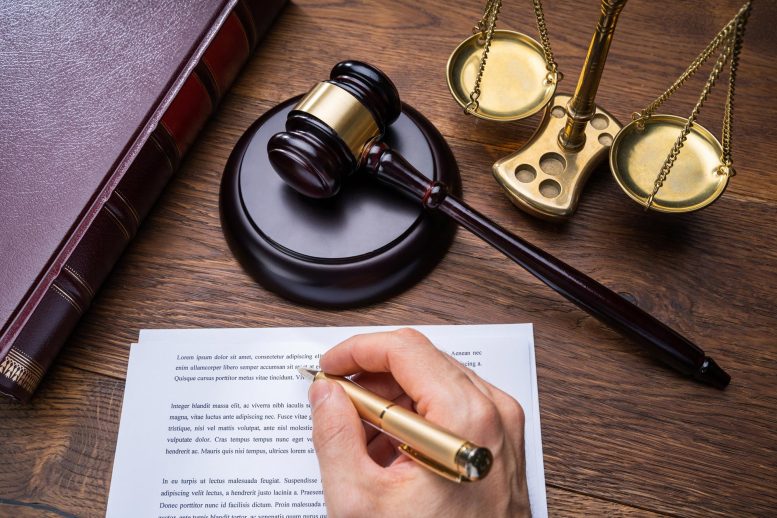Premises liability is a legal concept that holds property owners responsible for maintaining safe conditions on their premises and protecting visitors from harm. In this blog post, we’ll explore the basics of premises liability and discuss what property owners need to know to avoid potential legal issues.
1. Duty of Care: Property owners have a legal duty of care to maintain safe conditions on their premises and prevent foreseeable hazards that could cause harm to visitors. This duty applies to all types of properties, including private residences, commercial buildings, and public spaces.
2. Types of Visitors: Under premises liability matters, visitors to a property are generally classified into three categories: invitees, licensees, and trespassers. Property owners owe the highest duty of care to invitees, who are individuals invited onto the property for a mattersful purpose, such as customers or guests. Licensees are individuals who have permission to be on the property but are not there for the benefit of the property owner, such as social guests. Property owners owe a lesser duty of care to licensees compared to invitees. Trespassers are individuals who enter the property without permission, and property owners have limited or no duty of care to trespassers, except in certain circumstances.
3. Common Hazards: Common hazards that can give rise to premises liability claims include slippery floors, uneven surfaces, inadequate lighting, defective stairs or handrails, and dangerous conditions such as exposed wiring or broken sidewalks. Property owners are responsible for identifying and addressing these hazards to prevent accidents and injuries.
4. Negligence and Liability: Property owners can be held liable for injuries that occur on their premises if they are found to have been negligent in maintaining safe conditions. To establish liability, the injured party must prove that the property owner knew or should have known about the hazardous condition and failed to take reasonable steps to address it.
5. Mitigating Liability: Property owners can mitigate their liability by taking proactive measures to maintain safe conditions on their premises, such as conducting regular inspections, repairing any hazards promptly, providing adequate warning signs for potential dangers, and implementing safety protocols and procedures.
6. Seeking Legal Guidance: If you are a property owner facing a premises liability claim, it is essential to seek legal guidance from an experienced attorney who specializes in premises liability cases. An attorney can help you understand your rights and obligations under the matters, assess the merits of the claim against you, and develop a strategy for defending against the allegations.
In conclusion, premises liability is a fundamental legal concept that property owners need to understand to protect themselves from potential legal liabilities. By fulfilling their duty of care, identifying and addressing hazards, and seeking legal guidance when necessary, property owners can minimize the risk of premises liability claims and ensure the safety of visitors to their properties.

